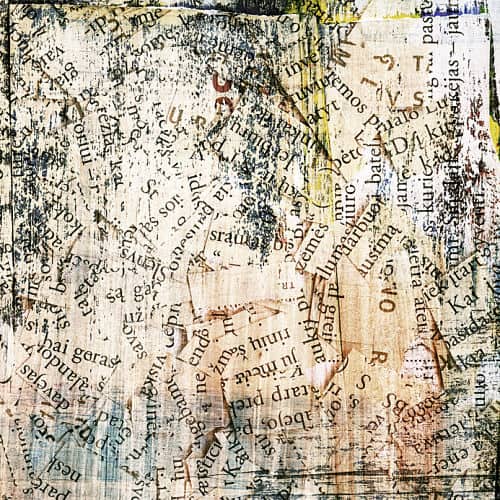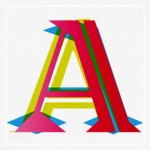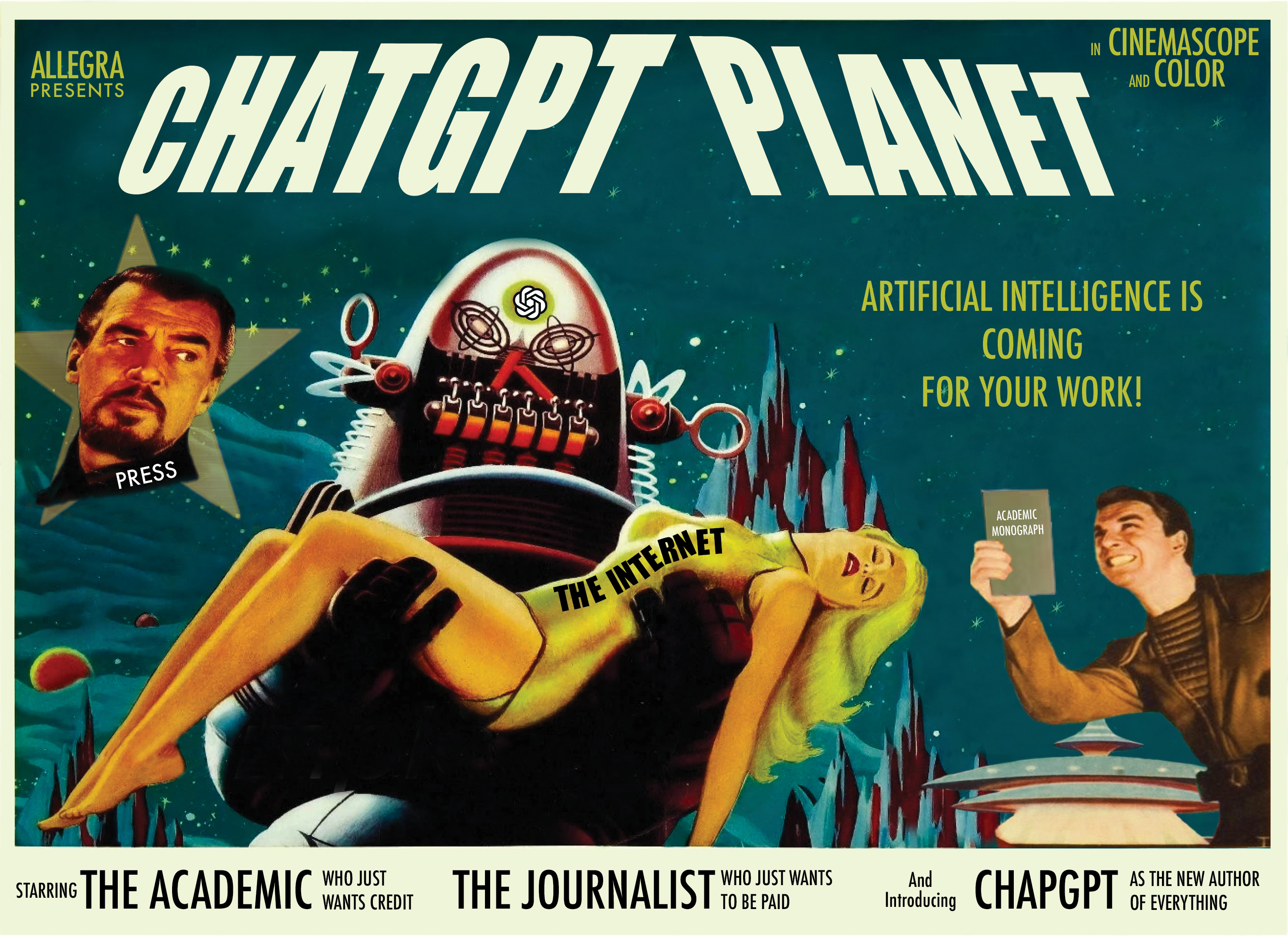To conclude this week we wish to highlight the hard work of one more Allie – namely Marie-Louise Karttunen. She has been with us since the beginning, offering her expert eye on paper drafts. In addition to being a professional language editor, she not only has a PhD in Social Anthropology herself but acted for years as the editor-in-chief of Suomen Antropologi: Journal of the Finnish Anthropological Society. Hence we knew from the start that we were in good hands with her – and to date we have a vast number of posts to proof as much.
In this post she shares some of her reflections on working with anthropologists and the writing process. If there remained any doubts as to how lucky we are to have her as an integral part of the Allegra team, after this beautiful bit of writing we trust that none will remain.
Warm thanks to ALL of our Allies who have helped us and continue to work with us in running Allegra! We really could not do this work without out, and we are immensely proud at what we have achieved together! Toward even brighter horizons in the future, in solidarity!
*****************************
“Looking text straight in the face”
Marie-Louise Karttunen // emellediting.com
I came late to academia after a couple of decades of light-hearted larking around, and left its institutional incarnation after little more than another decade, long enough to pick up a couple of post-grad degrees at Helsinki U., teach a bit, write a bit, and edit Suomen Antropologi: Journal of the Finnish Anthropological Society for six years or so. I confess I never found the key to university engagement. Maybe I wasn’t looking very hard. It wasn’t what I had imagined. It isn’t, I suspect, what a lot of people imagine, or not these days. So when I left Finland after a quarter of a century and found myself inexplicably in Suffolk, university employment was not on the bucket list.
The most practical training I had (apart from cooking, but that’s another story) were the years of editing other people’s academic texts for publication – both through SA and privately. And that is what I still do, five years later – and still both through SA and privately. So, when Allegra’s Director of Things asked for contributions from its editorial team, I answered that “all I am currently qualified to write about is the experience of working with anthropologists – and associated ists – in the production of text on a wide range of subjects: the commonalities / discontinuities of approach to material … the writing process, goals both academic and personal”, and perhaps not even that. Miia responded that this was just the kind of “off” view that she hoped to capture – “‘off’” in the sense of doing the unconventional, aka looking text ‘straight’ in the face”.
In this context, that project clearly starts with the relationship between academic writers and their texts. Why do you do it? How do you feel about it? What does it mean? The bottom line, of course, is that ancient cliché: “publish or perish” – which dismissively categorizes the whole undertaking of academic writing as career lube. But that’s neither unequivocally true, nor particularly insightful. I know university folks who don’t write much and breast the academic surf like high-perf. sailing yachts. I know others who are prolific, even multi-genre, and have things to do that interest them more than professorship. There are also those who manage to combine pedagogy with a high writing output. A common denominator, however, is that most are genuinely motivated to inspire interest and understanding in subjects they are highly qualified to discuss.
Those who write do not do so purely to get ahead, though that may be one goal. A greater one is to be heard. But, to be heard, you have to produce a voice: a text.
This is often a struggle. And, while most of those I work with are second language (SL) writers, it is a struggle that embroils native speakers at the fundamental level of text-as-artefact production to exactly the same degree. It’s getting those ideas into some sort of shape; padding the skeleton with appropriate flesh; and then making the creation speak with your voice: design, production, communication, in other words. I can feel my writers writhe with the effort of it all.
The first two elements are not, as an editor, greatly my concern – though I profoundly sympathise, and might try to suggest appropriate exercise or diet to get the corpus into better shape. The creature’s voice, however, is.
Ken Hyland, who has himself produced an astonishing 160 articles and 14 books on SL writing and academic discourse, observes that, despite a reputation to the contrary (more of that below), “academic prose is not completely impersonal…writers gain credibility by projecting an identity invested with individual authority, displaying confidence in their evaluations and commitment to their ideas”. It is a writer’s job to develop that identity and give Frankenstein’s monster an authoritative voice.
I often see my role as one of mediating between potential readers and talented researchers who visualize the status of their text as one of merely “writing up” their findings. They produce work that is insightful and based on extensive research, often under gruelling conditions, but which sometimes lacks the signposting – “of course”, “conversely”, “unarguably”, “nevertheless” – that proposes a specific interpretation or understanding of their subject, thereby making a text meaningful to readers. What this writing lacks is metadiscourse: the Greek chorus that contextualizes and frames what is otherwise a silent movie. The author’s voice, in other words.

Photo by Nic McPhee (flickr, CC BY-SA 2.0)
This may be the result of what Stephen Pinker calls the “curse of knowledge” that makes it almost impossible for you, the writer, to assess how much guidance a reader needs in order to get at exactly what you are saying: too much and it sounds condescending (“Yes, we realise that’s the norm, you condescending twerp.”); too little and the reader is left thinking, “So? Are you making a point of some sort here?”
It may also be the result of a lack of commitment to your ideas, or a lack of conviction in your authority to talk about what you are talking about. Certainly scholars in the early stages of writing tend to exhibit a healthy caution about making pronouncements – see heavy use of “air quotes”, lots of tentative qualifiers – but this can easily give rise to the feeling that it is pointless to plod on through a morass of inconclusive “maybes”. Believe me, I hack this stuff out with the equivalent of a machete.
“Get a grip,” I think. “If you aren’t the right person to be writing about this, then no one is. YOU are the expert.” Chop, chop, chop.
Developing an academic identity that is strong enough to allow you to stand firmly behind your findings and make unequivocal, declarative statements in your writing is a challenge. But, while you could be damned if you do, you will definitely be damned if you don’t.
But that’s enough of that for the moment. You have the voice. The goal is to make it heard.
This goal links into the founding aim of AllegraLab: to explore “creative ways to fill the ‘dead space’ that exists between traditional modes of academic publication and ongoing scholarly and societal debates”. But do academics actually contribute, or even want to contribute, to popular discussions in the public sphere which they are highly qualified to guide?

Well. Hardly. The principal response to Kristof’s diatribe was actually encapsulated by Joshua Rothman a few days later in The New Yorker when he observed: “Academic writing and research may be knotty and strange, remote and insular, technical and specialized, forbidding and clannish—but that’s because academia has become that way, too. Today’s academic work, excellent though it may be, is the product of a shrinking system. It’s a tightly-packed, super-competitive jungle in there.” In other words:
“It’s the system that is making academic work more marginal, not academics themselves.”
A slightly different reaction was produced by Janet Stemwedel, a blogger on Scientific American, who asked Kristof plaintively: “Where are the additional hours in the academic day for the ‘public intellectual’ labor you want [academics] to do (since they will still be expected to participate fully in the knowledge-building and discourse within their disciplinary community)? How will you encourage more professors to step up after the first wave taking your marching orders is denied tenure, or denied grants, or collapses from exhaustion?”
Not very dynamic rejoinders: “Yes, it’s true. We work on the periphery. But it’s not our fault. And, anyway, we’re too busy to go mainstream.”

Most of the material I have worked on for most of the past two decades contains “exquisite knowledge”; hopefully, after the writers and I have thought about how best to present it, we have drained the moat – but the point is, that much of it is eminently suitable for genres other than those locked behind the impenetrable pay-walls set up by the likes of Elsevier and Ebsco. Open access journal publication is gaining traction and chipping away at the monopoly of traditional academic publishing – I am delighted that the next edition of Suomen Antropologi: Journal of the Finnish Anthropological Society will mark its progression to that genre – assisted by the constantly increasing deployment of blogs, social media, op-eds, online lectures and so on. Inevitably, the line must gradually disappear between traditional and more open forms of digital publishing and, with it – hopefully – the knotty / strange / remote / insular / forbidding / clannish prose generated by the highly controlled stratosphere of the academic “system”.
AllegraLab is doing its bit to broaden the scope of informed discussion – as are countless other venues. It’s also up to scholars to start doing their bit and spreading their “exquisite knowledge” across a range of genres. What goes around, comes around, and if it is freely available, linguistically accessible, and there for a Google, it will be read!
Hyland, Ken 2002. “Authority and invisibility: authorial identity in academic writing.” Journal of Pragmatics (34)8: 1091-1112
Kristof, Nicholas 2014. “Professors, We Need You!” The New York Times, Feb. 15, 2014.
Lepore, Jill 2013. The New Economy of Letters. The Chronicle of Higher Education, Sep. 03, 2013.
Pinker, Stephen 2014. The Sense of Style: The Thinking Person’s Guide to Writing in the 21st Century. New York: Penguin.
Rothman, Joshua 2014. Why is Academic Writing So Academic? The New Yorker. Feb. 16 2014.
Stemwedel, Janet D. 2014. “Professors we need you to do more!” Scientific American. Doing Good Science Blog. Feb. 16 2014.








